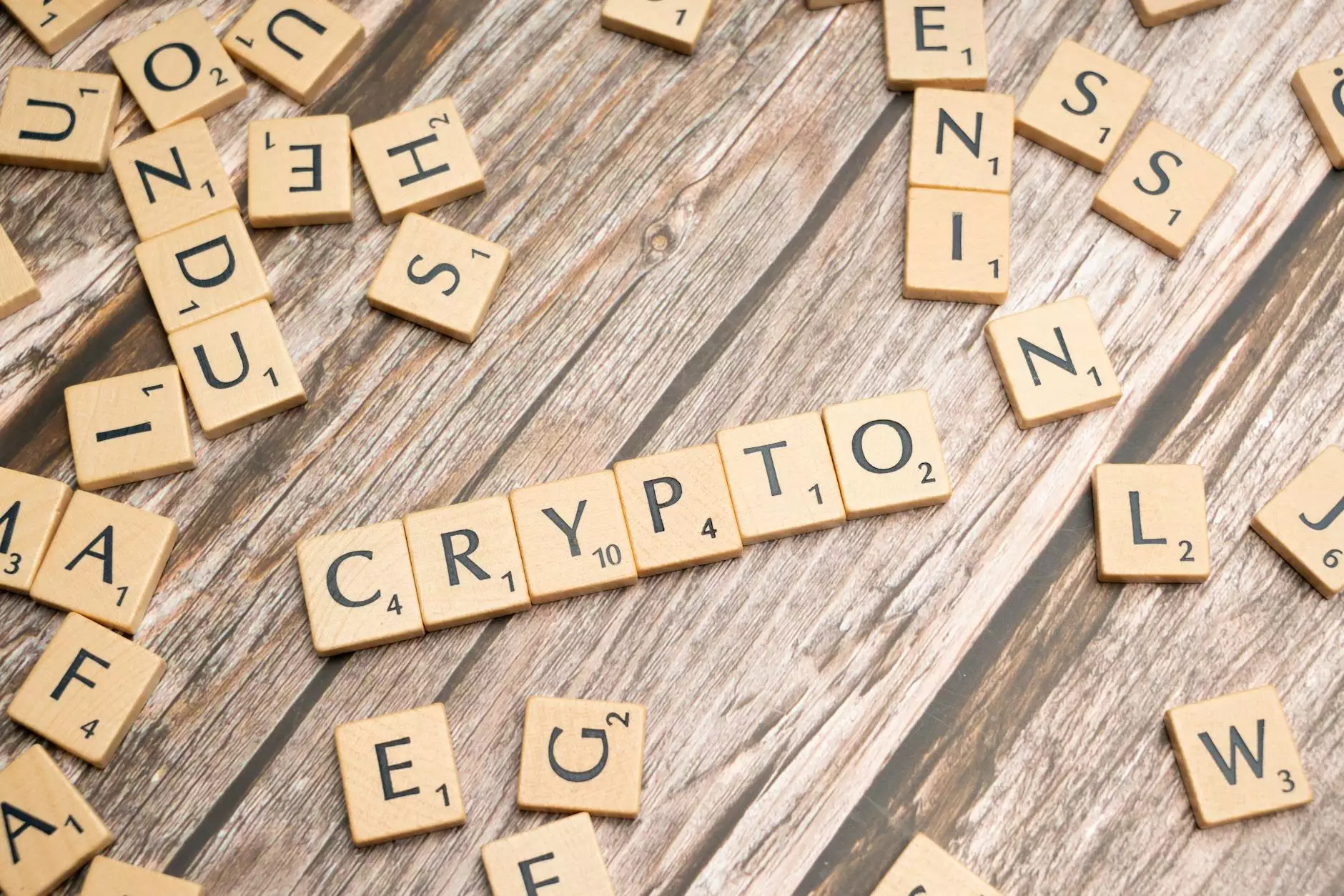The Importance of AES Email Encryption in Modern Business

In the fast-paced digital world of today, security has become a paramount concern for organizations of all sizes. Data breaches and cyberattacks are becoming increasingly common, prompting businesses to take proactive measures to safeguard sensitive information. One of the most effective ways to protect your emails is through AES email encryption, a robust encryption standard that can shield your communication from prying eyes. This article delves into the significance of AES email encryption and why every business should consider it.
Understanding AES Email Encryption
AES, or Advanced Encryption Standard, is a symmetric encryption algorithm widely used across the globe. Developed by the U.S. National Institute of Standards and Technology (NIST), AES gained approval in 2001 as a replacement for the aging Data Encryption Standard (DES). Its strength and efficiency make it a favorite for protecting electronic data, including emails. When we refer to AES email encryption, we are discussing the technique of encrypting email messages using the AES algorithm, ensuring that only authorized parties can read them.
How Does AES Encryption Work?
The AES encryption process involves a series of complex mathematical operations that transform plaintext into ciphertext. Here’s how it typically works:
- Key Generation: In AES, a key is generated that will be used for both encryption and decryption. The key length can be 128, 192, or 256 bits, with longer keys providing higher levels of security.
- Encryption: The plaintext (original email content) is processed through a series of rounds (10, 12, or 14, depending on key size), applying a combination of substitutions, permutations, and mixing to produce ciphertext.
- Transmission: The encrypted email (ciphertext) is transmitted to the recipient.
- Decryption: The recipient uses the same key to decrypt the ciphertext back into plaintext, allowing them to read the email.
Why AES Email Encryption is Crucial for Businesses
Businesses handle a massive volume of sensitive information daily, including client data, financial records, and proprietary information. Here are some compelling reasons why AES email encryption is vital for businesses:
1. Protecting Sensitive Information
The protection of sensitive data is the most important aspect of employing AES email encryption. Without encryption, emails are vulnerable to interception by hackers, competitors, and even unauthorized personnel within the organization. AES encryption ensures that even if an email is intercepted, the content remains unreadable to anyone without the proper key.
2. Compliance with Regulations
Many industries are subject to strict regulatory requirements regarding the handling of sensitive data. Regulations such as the General Data Protection Regulation (GDPR), the Health Insurance Portability and Accountability Act (HIPAA), and the Payment Card Industry Data Security Standard (PCI DSS) mandate robust security measures for personal and financial data. Implementing AES email encryption helps businesses comply with these regulations and avoid hefty fines.
3. Building Trust with Clients
In today’s competitive landscape, trust is a key component of customer relationships. By adopting AES email encryption, businesses can visibly demonstrate their commitment to protecting client data. This not only helps retain existing clients but also attracts new clients who value their security.
4. Safeguarding Against Phishing and Spoofing
Phishing attacks and email spoofing are common tactics used by cybercriminals to deceive individuals into providing sensitive information. While AES does not prevent these tactics outright, having encrypted communications can add a layer of security. If employees recognize that their emails are encrypted, they may be less likely to respond to suspicious emails that request sensitive information.
Implementing AES Email Encryption in Your Organization
Integrating AES email encryption into your organization’s communication strategy can be achieved through various methods. Here are some steps and considerations:
1. Choose the Right Encryption Software
Several encryption software solutions offer AES email encryption. When selecting a solution, consider:
- Usability: Ensure that the software is user-friendly and easy to deploy across your organization.
- Integration: Look for software that integrates seamlessly with existing email platforms, such as Microsoft Outlook or Gmail.
- Support and Training: Provide adequate training for employees on how to use the encryption tool effectively.
2. Educate Employees on Security Best Practices
The best encryption tools are ineffective if employees do not understand the importance of data security. Conduct regular training sessions to educate staff on the potential risks of unencrypted emails and the importance of maintaining security protocols.
3. Implement Policies and Procedures
Having clear policies and procedures regarding email encryption is essential. Establish guidelines on when to use encryption, what data needs protection, and the steps to take when a potential security breach is suspected.
4. Monitor and Update Encryption Practices Regularly
The cybersecurity landscape is continually evolving. Regularly review and update your encryption practices and tools to combat new threats and vulnerabilities.
Common Misconceptions about AES Email Encryption
Despite its importance, there are several misconceptions about AES email encryption. Here are a few debunked:
1. AES Encryption is Only for Large Corporations
Many small businesses believe that encryption is only necessary for large corporations with vast amounts of data. In reality, small businesses are often targeted by cybercriminals looking for easy access to sensitive information, making encryption crucial regardless of the company’s size.
2. Email Encryption is Too Complicated
While the technical aspects of encryption may seem daunting, many modern tools simplify the process. With proper training and support, employees can efficiently utilize encryption without needing to understand all the underlying technology.
3. Encryption Slows Down Communication
Another common belief is that encryption significantly slows down email communication. However, with most AES encryption tools, the added time for encryption and decryption is negligible compared to the time saved by avoiding potential data breaches.
The Future of AES Email Encryption
As businesses continue to migrate to digital platforms, the need for robust security measures will grow. AES email encryption will remain a critical component of email security due to its balance of strong security and performance. With the rise of artificial intelligence and machine learning, we can expect advancements in encryption technology that will enhance the effectiveness and efficiency of securities like AES.
Conclusion
In conclusion, AES email encryption represents a vital strategy for modern businesses seeking to protect sensitive information and build trust with clients. By encrypting emails, companies can shield their communications from cyber threats, comply with legal regulations, and foster a culture of security within the organization. As cyber risks evolve, so must our defenses—starting with adopting proven standards like AES. Be proactive, protect your business, and ensure that your communications remain secure in this digital era.









